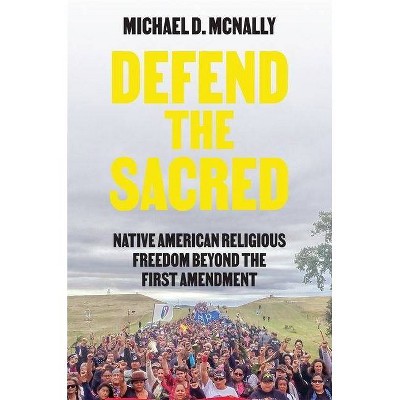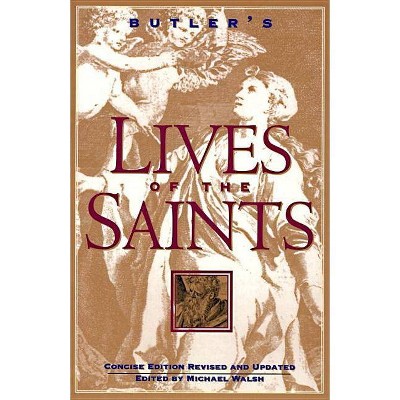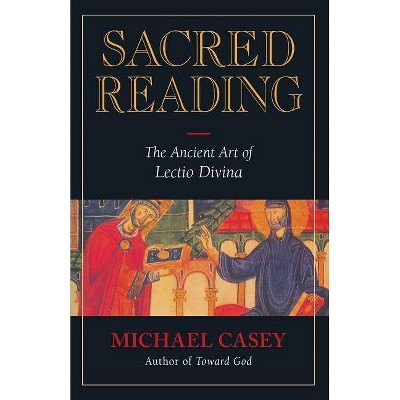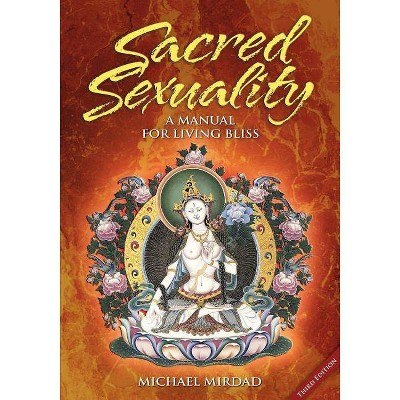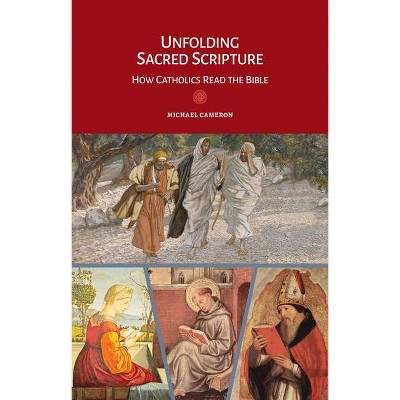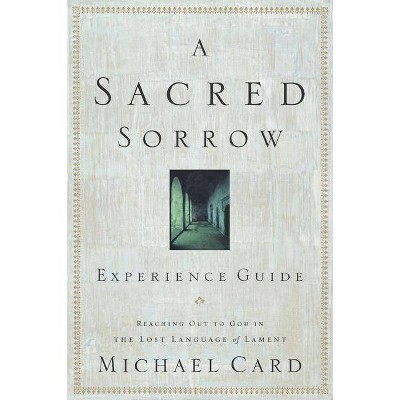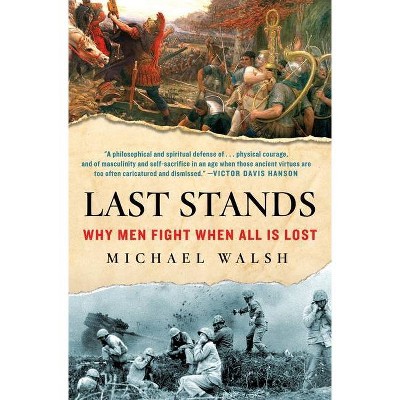Stating the Sacred - by Michael Walsh (Paperback)
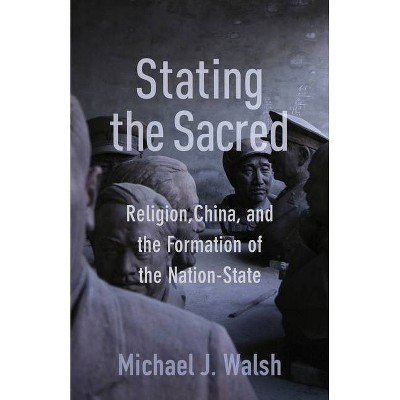
Similar Products
Products of same category from the store
AllProduct info
<p/><br></br><p><b> About the Book </b></p></br></br>"The nation-state is for the most part the product of a European mentalitâe. What happens when it is exported, along with colonialism, to other parts of the world? What happens in China when it encounters--either through force or by willing appropriation--European categories of nation and state, along with their attendant formulations concerning science, rationality, politics, and economics, and their accompanying categories such as religion, the secular, the sacred, human rights, and freedom? How does an imperium become a nation? The central tenet of this book is that nation-states are the results of mythos and sanctified violence. Using government texts including China's constitution (which describes its sovereign domain as "sacred territory") and focusing on citizenship, religion, and territory, Walsh argues that the state sacralizes the nation and that it is this notion of the sacred, the inviolate, that frames and sustains nation-state building. It is used to justify territorial integrity and state sovereignty; with its deep religious underpinnings it shapes citizens of the state and makes them members of the nation. Sacrality, therefore, is a constitutive part of modern China, manifested in its constitution and how it engages the world"--<p/><br></br><p><b> Book Synopsis </b></p></br></br>China's constitution explicitly refers to its sovereign domain as "sacred territory." Why does an avowedly secular state make such a claim, and what does this suggest about the relations between religion and the nation-state? Focusing primarily on China, <i>Stating the Sacred</i> offers a novel approach to nation-state formation, arguing that its most critical element is how the state sacralizes the nation. <p/>Michael J. Walsh explores the religious and political dimensions of Chinese state ideology, making the case that the sacred is a constitutive part of modern China. He examines the structural connection among texts (constitutions, legal codes, national histories), ostensibly universal and normative categories (race, religion, citizenship, freedom, human rights), and territoriality (the integrity of sovereignty and control over resources and people), showing how they are bound together by the sacred. Considering a variety of what he refers to as theopolitical techniques, Walsh argues that nation-states undertake sacralization in order to legitimate the violence of establishing and expanding their sovereignty. Ultimately, territorialization is a form of sacralization, and the foundational role of the sacred makes all nation-states religious states. <i>Stating the Sacred</i> offers new ways of understanding China's approach to legality, control of the populace, religious freedom, human rights, and the structuring of international relations, and it raises existential questions about the fundamental nature of the nation-state.<p/><br></br><p><b> Review Quotes </b></p></br></br><br>Recommended.--Choice<br><br>As an anatomy of sacralization, territorialization, and violence, <i>Stating the Sacred </i>illuminates state formation in China through brilliant exposition, dwelling in vivid details, historical depths, and current controversies, but also through uncovering brutal truths of state formation in the modern world. This book is a major contribution to our understanding of how the sacred works in the modern and how the modern works the sacred.--David Chidester, author of <i>Empire of Religion: Imperialism and Comparative Religion</i><br><br>In <i>Stating the Sacred</i>, Michael J. Walsh parses what China's postcoloniality and South African apartheid have in common: the sacredness of violence. Drawing upon a wealth of theoretical insight from Schmidt on political theology, Bataille on sacrifice, to Agamban on profanation, and Barthes on myth, Walsh is especially insightful on how the Chinese avowedly atheist party-state adroitly rules through its stringent and energetic containment of religion, channeling those energies into policies on territorial sovereignty and citizenship itself. These tactics range beyond patriotic Christian organizations and registering all the clergy everywhere, to policing reincarnation among the Tibetan Buddhist and reeducation of Uyghur Muslims in camps. For Walsh, this sense of 'religion, ' shared by China with many other places, becomes the modern repository of violence and mythos that he finds fundamental to any nation-state formation.--Angela Zito, coeditor of <i>DV-Made China: Digital Subjects and Social Transformations after Independent Film</i><br><p/><br></br><p><b> About the Author </b></p></br></br>Michael J. Walsh is associate professor of religion and Asian studies at Vassar College. He is the author of <i>Sacred Economies: Buddhist Monasticism and Territoriality in Medieval China</i> (Columbia, 2010).
Price History
Price Archive shows prices from various stores, lets you see history and find the cheapest. There is no actual sale on the website. For all support, inquiry and suggestion messagescommunication@pricearchive.us
